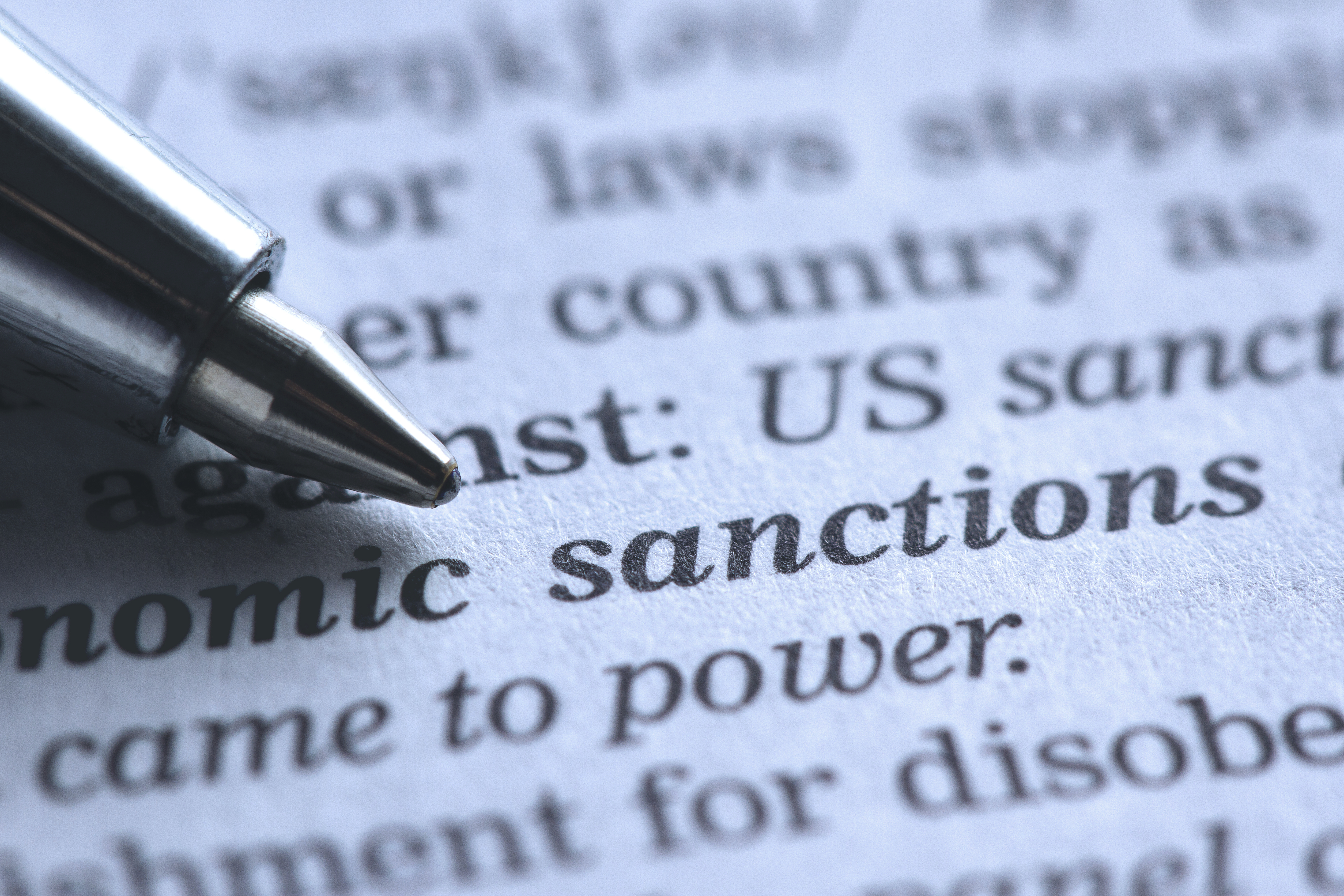South Korea’s state-owned credit insurer, K-Sure, is to provide €60mn in trade credit to Cuban banks, signalling a return to the international trade markets for the erstwhile pariah island nation.
The MOU was signed just weeks after the leaders of the US and Cuba, Barack Obama and Raul Castro, announced a restoration of diplomatic ties, amid speculation that the US’ longstanding trade embargo on Cuba would be loosened imminently.
K-Sure’s CEO travelled to Havana to sign on the dotted line with the Banco Central do Cuba (BCC) and the Banco Exterior de Cuba (BEC). As well as a credit line, Kim Young-hak agreed to establish a payment insurance arrangement to protect the investments of Korean companies working in Cuba.
Speaking to GTR directly after the deal was announced, K-Sure senior manager and spokesperson Nam Ki-seol said that it would help double Korean exports to Cuba, which currently stand at around US$70m per year. Korean providers of electrical generation equipment and household appliance are likely to benefit, with Cuba’s consumers and industries having been starved of modern compliances and machinery for decades.
He denied that the deal was political in any way, saying that K-Sure has been mandated by the Korean government to support exporters in the toughest places in the world to do business, and also mentioned Russia and Ukraine as target markets.
However the timing of the announcement is difficult to overlook. Traders and financiers have long been looking to the thawing of relations with Cuba, sizing up the market from the side-lines while the US embargo continued.
Late last year, President Obama announced that trade restrictions on Cuba would be eased, saying: “We will end an outdated approach. We intend to create more opportunities for the American and Cuban people.”
While the bulk of the embargo remains in place (and would require the backing of a Republican-backed Congress to rescind), US citizens can now travel to and use credit cards more freely in Cuba, US banks can open accounts with their Cuban counterparts and there are less barriers to US companies hoping to export.
The day before K-Sure made the announcement, Netflix – the American online streaming platform – announced that its services would be available in Cuba. However, it’s doubtful that many Cubans will be able to watch the upcoming third season of Kevin Spacey’s House of Cards, considering just 5% of the islanders have internet access.
The US embargo against Cuba had been in place since 1962, two years after Fidel Castro’s Socialist revolutionaries overthrew the US-friendly Batista government. Despite the fact that none of America’s allies issued their own economic, trade or financial sanctions against Cuba, trade virtually ground to a halt in the intervening half century – at least through official channels.
Any trade settled in US dollars must be cleared in a clearing house on US soil, meaning that any international bank or country participating in the trade, would be in violation of US sanctions and subject to heavy settlement fees. As the US dollar rose in ascendency through the second half of the 20th century, Cuba found itself more and more isolated.
Speaking to this magazine last year, Aline Doussin – a trade lawyer who works across international trade and sanctions at the firm Squire Sanders – said: “The Cuban sanctions aren’t agreed at UN level. It’s a US-only embargo. The EU has blocked the US statute, meaning European companies are prevented from complying with the embargo as the EU has condemned it. But companies are confused – they don’t want to be hauled in front of the US courts.”
In July 2014, the French bank BNP Paribas pleaded guilty to violating US sanctions against Cuba, Sudan and Iran and was forced to pay almost US$9bn in order to retain its US banking license.
The penalty was subsequently slammed as being “illegal” by the Cuban government, with the foreign ministry publishing a statement saying: “Once again, the United States government is ignoring the sweeping international rejection of this criminal and failed policy against our nation. Moreover, with these actions it is ignoring the growing calls from several sectors in US society in favour of a fundamental change in policy toward Cuba.”
The more recent prisoner swap and agreement to reopen diplomatic relations shows that the relationship has thawed, but given the fact that the lifting of the US embargo would require the approval of a Republican-led Congress, which is less benevolent in its attitude towards Cuba, experts are warning that it will be some time before wholesale trade reopens in earnest.







